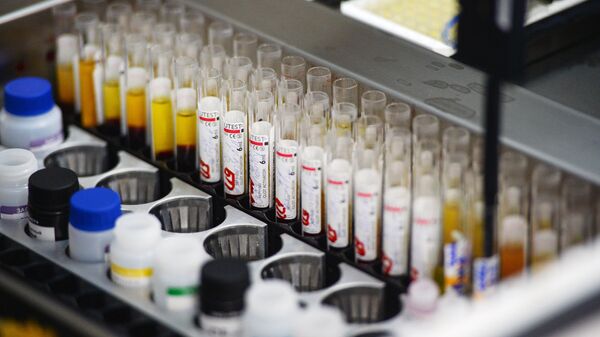Researchers said the protein can reduce HIV, a precursor to Acquired Immune Deficiency Syndrome (AIDS), by 97%.
"The virus is smart and it is ever changing so there are patients who resist the drugs…We want to invent new mechanisms we hope will help us cure the virus," Professor Zev Sthoeger, head of Kaplan Medical Center’s internal medicine department, told Media Line.
The Times of Israel quoted Hebrew University researcher Abraham Loyter remarking, "With our approach, we are destroying the cells, so there is no chance that the virus will awaken one day, because there are no cells, there will be no cells that contain the virus."
He added that "the drug enhances certain processes in the body during the spreading of the virus and that enhancement kills certain cells."
HIV begins a rapid attack on the immune system from the time it’s contracted, destroying cells that protect the body from infection. Gammora forces the virus to overproduce within cells, causing a kind of implosion that renders it ineffective.
Currently treatment for the virus consists of a daily cocktail designed to slow the pace of infection and the reduce the chance of infecting others, but there is no cure as of yet.
Sthoeger explained "Because the virus uses the machinery of the cell, each infected cell is a factory for many viruses…And, if we kill the infected cells, maybe we can do more than the current medications."
According to Israeli medical professionals, the country has 7,500 citizens that are HIV positive, with 450 new cases annually.
Israeli AIDS Task Force spokesman Hagai Ayad said "Medications that are on the market are able to reduce and prevent HIV from becoming AIDS. They can suppress it, but they can’t get rid of it fully," adding that Gammora is "a new method, which apparently might create an opportunity to find a full cure for HIV and AIDS."
Clinical trials for the protein are set to begin within a year.



